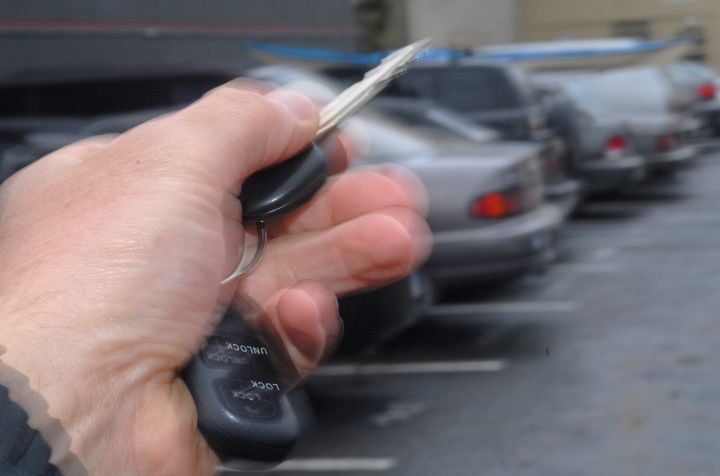Thousands of drivers across North America are falling for a virtual vehicle vendor scam, according to the Better Business Bureau.


“Since this year alone, we’ve actually received over 260 reports and those reports are coming up to $650,000 in losses,” BBB Mainland B.C. spokesperson Karla Laird said.
The virtual vehicle vendor scam uses fake vehicles and escrow companies to steal money from unsuspecting consumers. Fraudsters lure victims on websites like Craigslist, Kijiji, Facebook Marketplace and Autotrader.
Scammers often use the COVID-19 pandemic as an excuse not to meet with potential buyers for safety reasons. Instead, the victim is instructed to send money to a supposed third party to hold the funds while the vehicle is shipped to the victim to inspect. However, the vehicle never arrives and the third-party escrow company money holding the money is fake.

“One of the key red flags with this particular scam is that the seller is going to tell you that they can’t see you in person and you can’t inspect the vehicle in person and you should use an escrow company that they are recommending to you,” Laird said.

Get daily National news
Scammers sometimes claim the transaction is protected by the eBay vehicle protection program, according to the Better Business Bureau. Fraudsters also steal names and addresses of real businesses or car dealerships.
The BBB says victims are losing an average of $5,100 to the scam. The best way for consumers to protect themselves is to inspect the vehicle in person before handing over any money. Consumers should also do their research and read reviews.
Red Flags for the virtual vehicle scam
- The asking price for the vehicle is lower than market value.
- The seller shares a sad story. For example, the vehicle belonged to a loved one who recently passed away.
- You cannot meet the seller or inspect the car in person.
- The seller wants to use a third party to hold the money.
- Endometriosis care delays force Alberta woman to seek help abroad: ‘Just want my life back’
- Inflation ticked up to 2.4% in December: StatCan
- Flair Airlines reroutes strategy to lure corporate travellers — without a business class
- Will more Chinese EVs be a ‘self-inflicted wound’ for Canada’s auto sector?









Comments